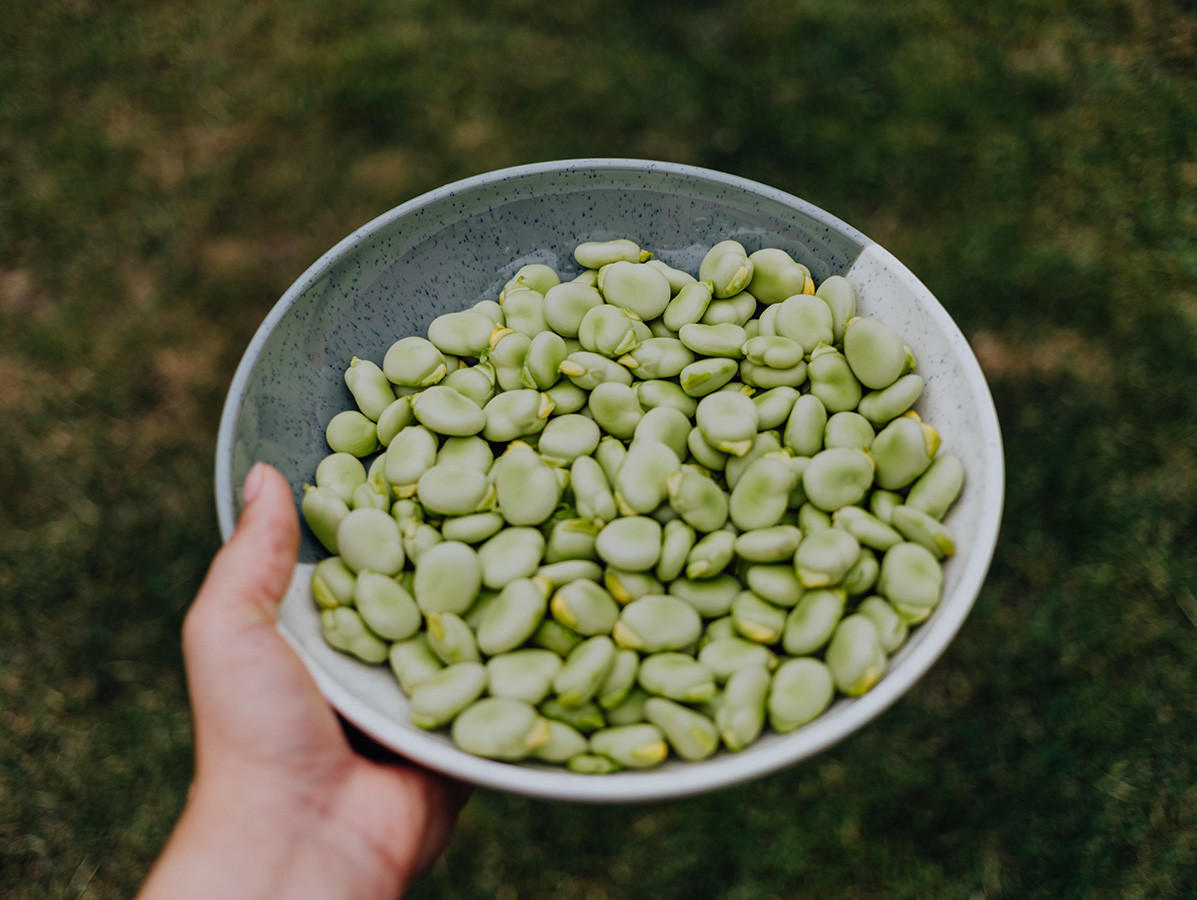
Researchers and chefs at the University of Reading aim to encourage British consumers and food producers to switch to bread containing faba beans (commonly known as broad beans), making it healthier and less damaging to the environment. The £2 million, three-year, publicly-funded ‘Raising the Pulse’ project has officially begun.
Five teams of researchers within the University of Reading, along with members of the public, farmers, industry, and policy makers, are now working together to bring about one of the biggest changes to UK food in generations. This is by increasing pulses in the UK diet, particularly faba beans, due to their favourable growing conditions in the UK and the sustainable nutritional enhancement they provide.
Despite being an excellent alternative to the ubiquitous imported soya bean, used currently in bread as an improver, the great majority of faba beans grown in the UK go to animal feed at present. Researchers are optimising the sustainability and nutritional quality of beans grown in the UK, with a view to encouraging farmers to switch some wheat producing land to faba bean for human consumption.
Faba beans are particularly high in easily digested protein, fibre, and iron, nutrients that can be low in UK diets. But the majority of people are not used to cooking and eating faba beans, which poses a major challenge. Professor Julie Lovegrove is leading the ‘Raising the Pulse’ research programme. She said: “We had to think laterally: What do most people eat and how can we improve their nutrition without them having to change their diets? The obvious answer is bread!”
Before there are products to be tested, the beans must be grown, harvested and milled. ‘Raising the Pulse’ seeks to improve these stages as well. Researchers will be choosing or breeding varieties that are healthful as well as high yielding, working with the soil to improve yield via nitrogen fixing bacteria, mitigating environmental impacts of farming faba beans, planning for the changing climate, and more.
Source: University of Reading